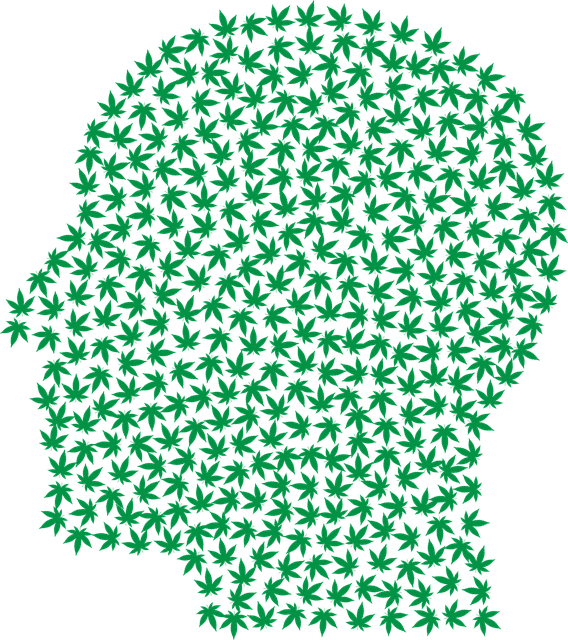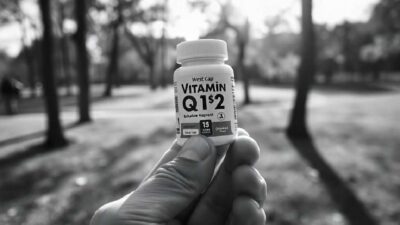The Marijuana Tax Act of 1937 criminalized the sale, possession, and transfer of hemp products. This prohibition created a negative stigma surrounding cannabis use which further resulted in the spread of many misconceptions.
Here we will go over some of these common misconceptions; keep reading to find out which have been debunked.
Marijuana Causes Cancer
Many people believe that marijuana causes cancer because cigarettes cause cancer. However, cigarettes contain over 7,000 chemicals, most of which are added to create addiction. At least 70 of these added chemicals are cancer-causing human carcinogens.
Marijuana, on the other hand, contains around 1,000 naturally occurring chemicals which have not been linked to cancer cases. (Your average food product contains about 2,000 natural and unnatural chemicals)
Instead of causing cancer, marijuana helps it; the plant has proven to have cancer-killing properties that shrink tumor size and slow cancer growth.
Marijuana Use Leads to Dependency
Marijuana is thought to be an addictive substance because it has historically been grouped with hard drugs like cocaine and opioids.
Marijuana does not cause physical dependence, and only %9 of consumers feel they are psychologically addicted to the plant. This psychological dependence is created for mainly two reasons. The physical action of lighting and smoking marijuana becomes a habit, or a person is treating mental health conditions with marijuana, and they need it to regulate their symptoms.
Marijuana is as Harmful as Cigarettes
The misconception that marijuana is as harmful as tobacco comes from their similarities. Although both substances are made of plant matter and consumed via smoking, cigarettes are vastly more dangerous than marijuana.
Marijuana is consumed in its natural form, free of the harmful additives found in cigarettes, making it much safer. Tobacco in its natural state is also much less harmful before chemicals are added to turn them into cigarettes.
Marijuana Causes Schizophrenia
Schizophrenia is a mental condition that causes paranoia, hallucinations, disordered thinking, and delusions. Although some marijuana strains can lead to feelings of paranoia, these symptoms are temporary and wear off as the marijuana does.
When researchers reviewed the data of over 4,500 people with psychosis, no link was found between marijuana and schizophrenia. The findings suggested that those who consumed marijuana were less likely to develop the condition.
Marijuana is Only Used to Get High
The misconception that marijuana is only used to get high is the most common of all. If marijuana were only used to get high, it would not have been approved as a medical treatment for various conditions.
Many consumers use marijuana to alleviate mental and physical health conditions such as IBS, anxiety, PTSD, nausea, insomnia, and seizure disorders. Additionally, many consumers choose marijuana products that contain little or no THC, meaning they do not experience a high after consumption.
Marijuana Has Not Been Researched Enough to Know if It’s Safe
It is true that there previously had been an inadequate amount of research regarding the benefits and disadvantages of marijuana consumption. However, this is no longer the case. Until 2010, roughly 20,000 marijuana studies were recorded. Since then, nearly 25,000 more studies have been completed.
Throughout these studies, the consensus has been that it is a safe and beneficial drug accompanied by negligible risk.
Marijuana is The Gateway Drug
Many people still believe that marijuana is the gateway drug that leads to harder drugs.
This misconception comes from the fact that many drug users and criminal offenders happen to smoke marijuana. However, there is no evidence showing that marijuana causes harder drug use.
According to the National Institute of Drug Abuse, the majority of marijuana consumers never experiment with harder drugs.
Marijuana is For Criminals
Since the prohibition of marijuana, people have blamed criminal activity on the drug. However, when you take a deeper look into marijuana-related crime, you see that most offenses are for the possession of personal use marijuana.
Crime is often associated with the use of hard drugs like heroin or methamphetamine because it is highly addictive and makes an individual turn to theft to get more. Because marijuana does not cause dependency, consumers are not driven to crimes the way other drug users might be.
As marijuana is decriminalized, many consumers are taking the proper steps to obtain it legally in their state. Having access to dispensaries has made related crime drop drastically. (You can find a local dispensary at Veriheal.com)
Marijuana Kills Brain Cells
The thought that marijuana kills brain cells originates from an animal study completed in 2000. In this study, researchers heavily dosed monkeys with marijuana, which resulted in changes to the monkey’s brains. However, it was later discovered that these brain changes occurred due to oxygen deprivation. During this study the monkeys were not provided oxygen, only marijuana smoke in a containment unit for dangerous periods of time, which left them unable to breathe.
When the study was later repeated under the correct conditions, the monkeys showed no brain changes after one year of consistent marijuana use.
Further debunking this misconception, marijuana has neuroprotective properties, and long-term use has been shown to slow the onset of Alzheimer’s disease.









